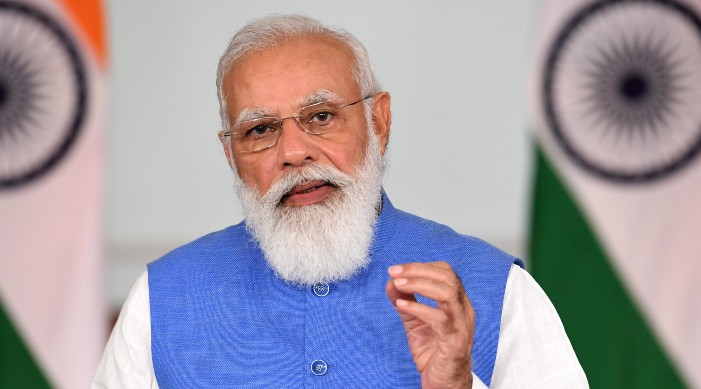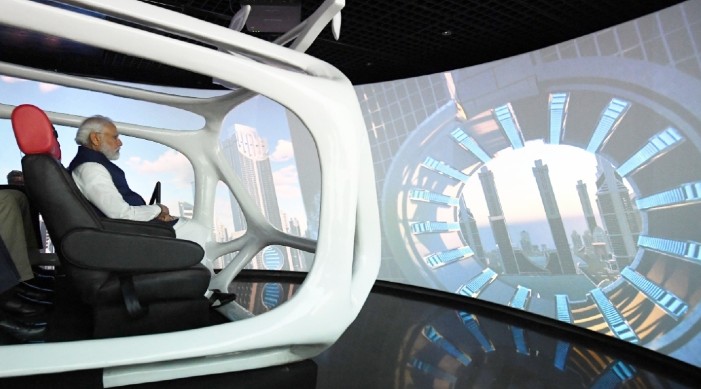PM Modi's approval ratings have gone up in the last two months as in June PM Modi's approval ratings were 66%
Prime Minister Narendra Modi is the highest popular leader in the world, says Morning Consult, a US-based data firm, which carries out surveys and researches globally. According to the data firm, the net approval for Prime Minister Modi is 70 percent, the highest in the world.
In the ratings updated by the firm on September 2, Modi remained on top with 70% and was followed by Mexican President Lopez Obrador: 64% and Italian Prime Minister Mario Draghi: 63%.
The Indian Prime Minister approval ratings have been far ahead of the likes of German Chancellor Angela Merkel: 52%, US President Joe Biden: 48% and Australian Prime Minister Scott Morrison : 48%.
The other world leaders that trailed PM Modi were Canadian President Justin Trudeau: 45%, UK Prime Minister Boris Johnson: 41%, Brazil’s Jair Bolsonaro: 39%, Korean President Moon Jae-in: 38%, Spanish Prime Minister Pedro Sánchez: 35%, Emmanuel Macron: 34% and Japanese PM Yoshihide Suga: 25%.
Meanwhile, Modi’s disapproval rate was the lowest in the world at 25%. President Obrador of Mexico had the second lowest disapproval rates at 27% followed by Italian PM Draghi at 31%.
Global Leader Approval Rating Tracker is a product of Morning Consult Political Intelligence, a proprietary platform that provides real-time polling data on political elections, elected officials and voting issues.
According to the website of the data firm, the ratings will be tracked on a weekly basis with the latest data for all 13 countries, offering real-time insight into the shifting political dynamics across the globe.
It said that the Approval ratings are based on a seven-day moving average of adult residents in each country, and sample sizes vary by country.
Daily global survey data is based on a 7-day moving average of all adults in a given country with a margin of error of between +/- 1-3%, the website said.
All interviews are conducted online, among nationally representative samples of adults. (In India, the sample is representative of the literate population), it explained.
Surveys are weighted in each country by age, gender, region, and, in certain countries, education breakdowns based on official government sources, the methodology section stated.
 Contact Us
Contact Us  Subscribe Us
Subscribe Us









 Contact Us
Contact Us
 Subscribe
Subscribe
 News Letter
News Letter

